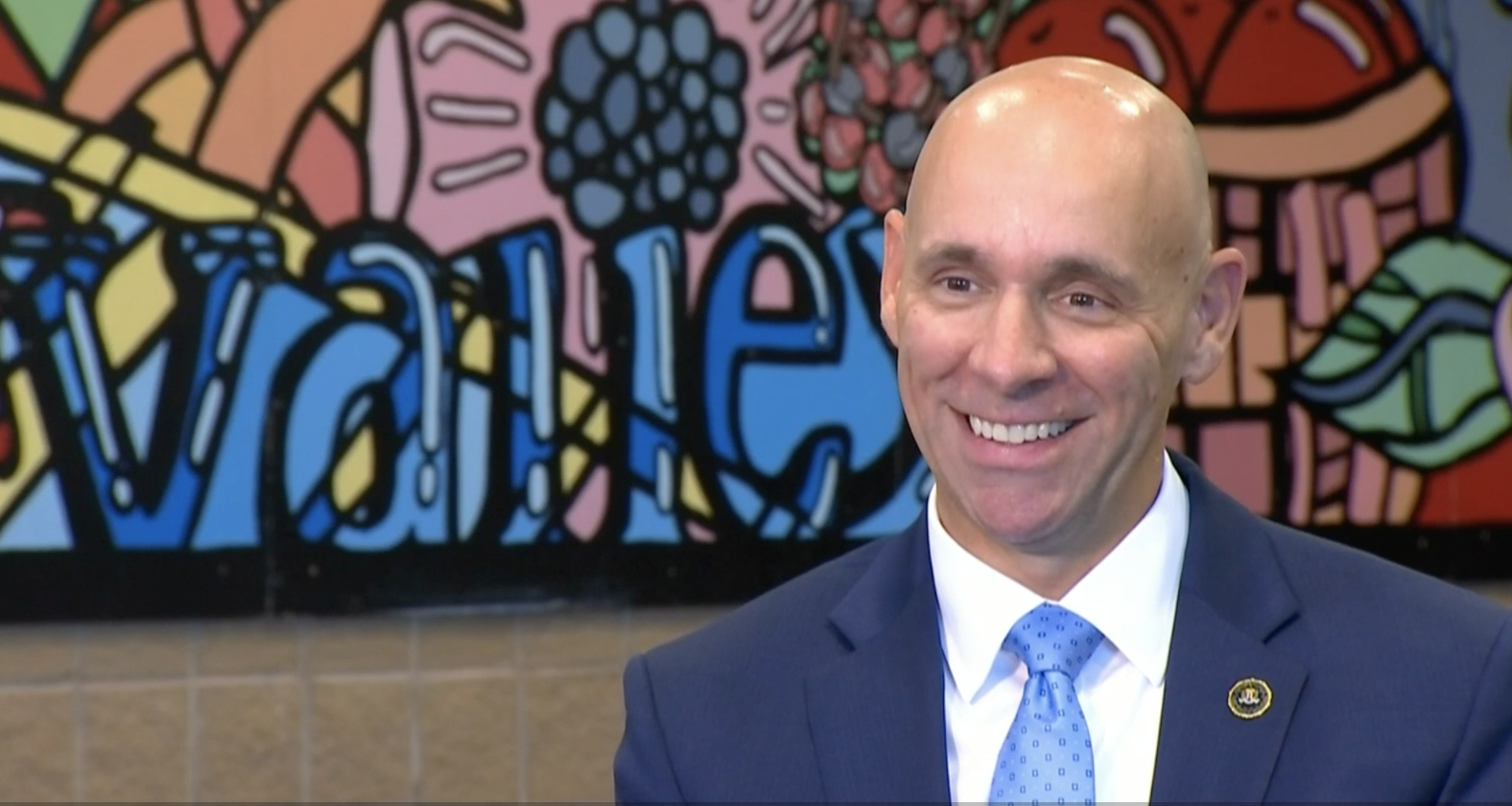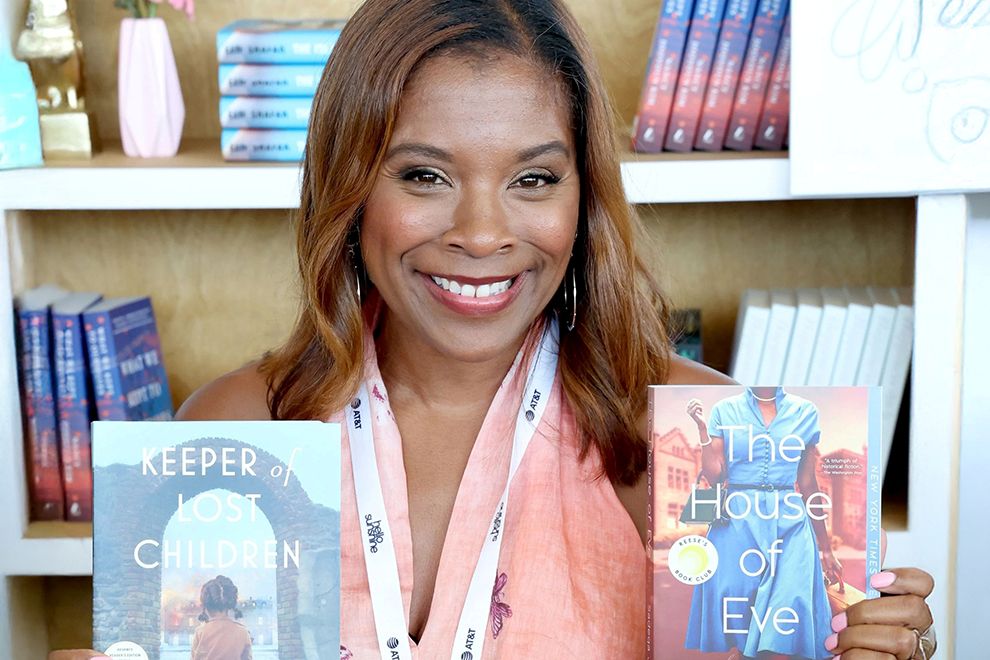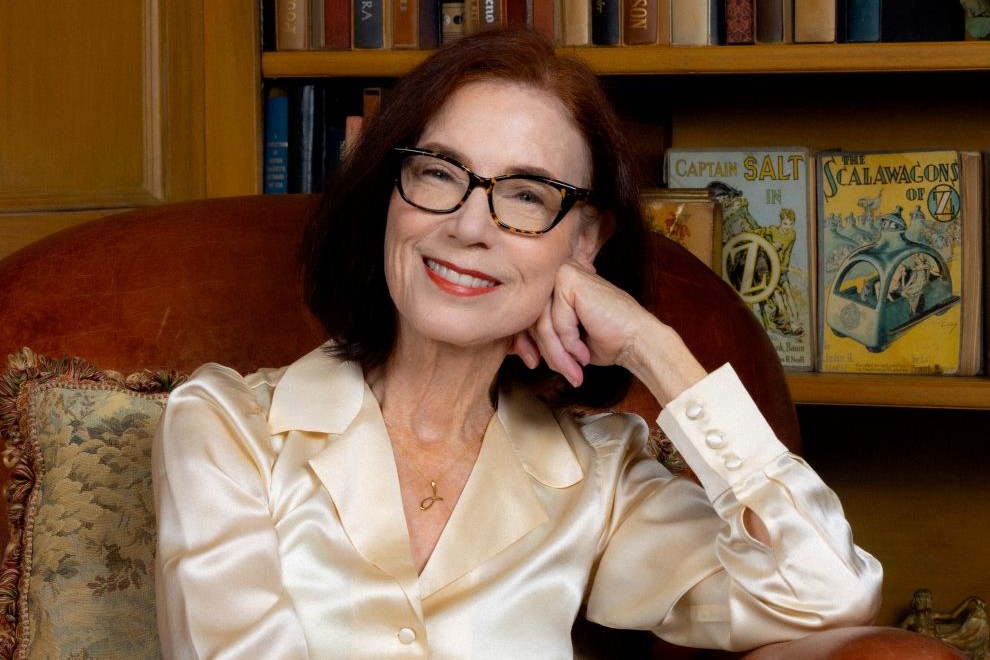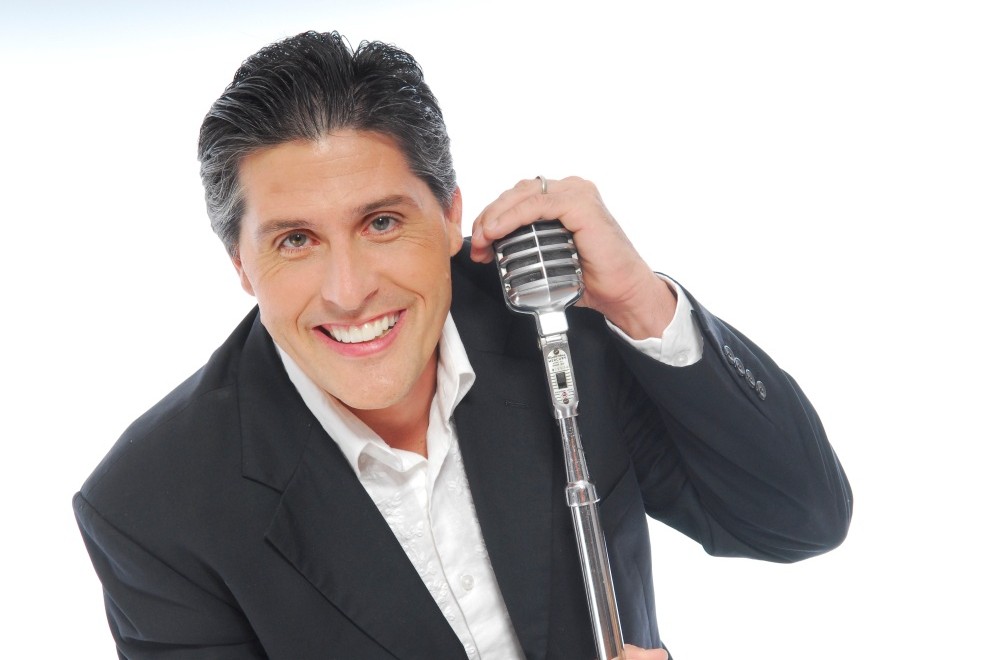
FBI Special Agent Stanley Meador is constantly learning from his children.
“They will teach you if you listen, and I’m a listener,” says Meador, the father of three, husband, cancer survivor, and special agent in charge of the FBI’s Richmond field office.
One thing he has learned in his years as a parent is this: Parenting is a team effort, just like his work at the FBI.
“We rely on each other,” he says of his wife. “Our family does everything together. We don’t leave anyone out.”
His kids – a daughter and twin sons, all elementary school age – are very active in sports, including soccer, flag football, basketball, dance, and swimming.
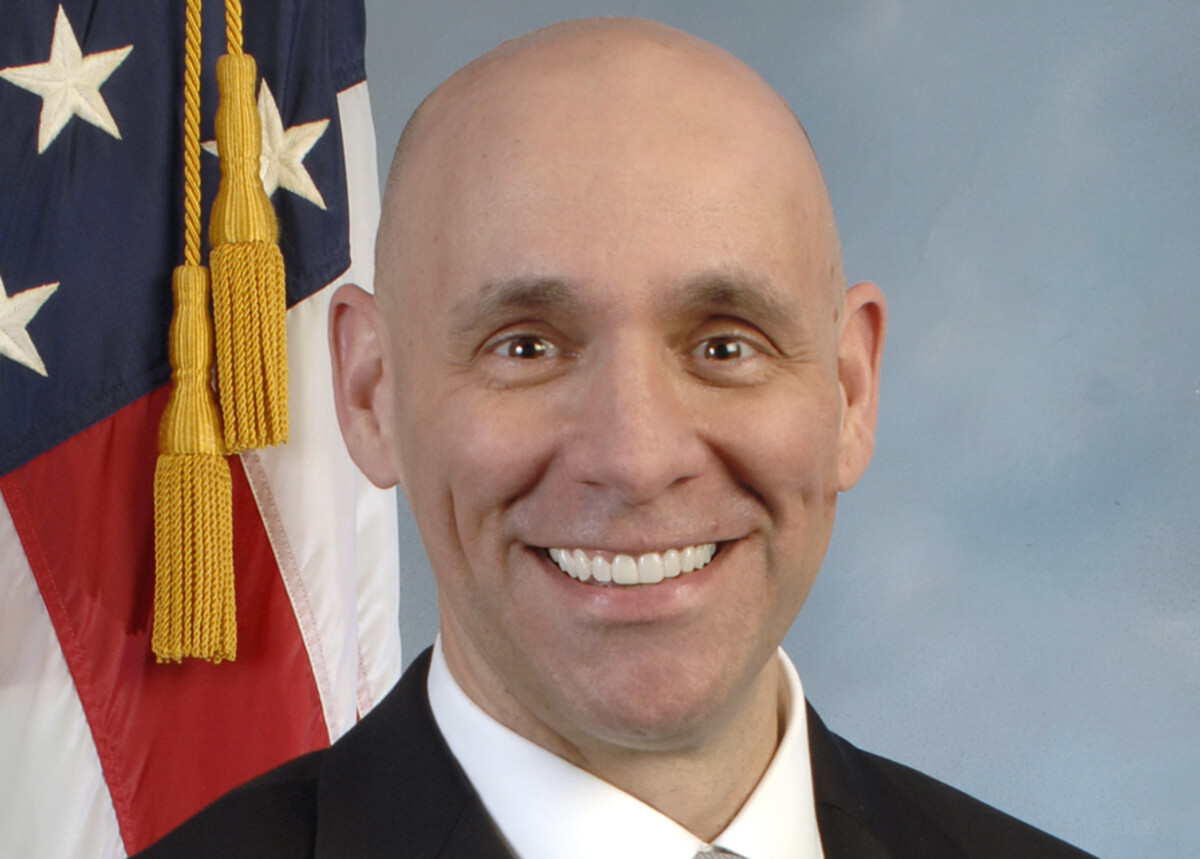
This is Meador’s first year coaching his kids’ co-ed basketball team through Goochland Parks and Recreation. He and his wife share coaching duties.
“I do have basketball experience,” says Meador who played basketball in high school and adds that his wife urged him to help with the team. “She thought it would be good for me.”
Meador says that for kids, participating in sports is about more than playing time. “What’s more important to me is that they are learning good habits [while playing sports]. They get positive reinforcement from what they can do,” he says.
He acknowledges that the first four years of his kids’ lives are a blur because of his work as a young FBI agent and his cancer diagnosis.
“It was really challenging,” he says. “My wife is unbelievably strong and supportive. We continued to move forward despite the adversity.”
Growing Up in a Farming Town
A native of Galax, Virginia, Meador grew up in an area known for farming and bluegrass to the beat of the annual Old Fiddler’s Convention, which originated in 1935.
“I grew up on a farm, and my mom taught at school like in many small towns,” he says.
Working on the farm was hard work, he adds.
“I would spend summers putting up hay. There were a lot of bales of hay and a lot of callouses,” he says, adding, “I would always do what I was told. It’s where my work ethic came from.”
He was mischievous in his middle school days, he admits. “I didn’t make the best decisions all the time,” he says. “In middle school, I hacked into the school’s computer system. I was caught because I made a critical error. I played around in the teacher’s database. One day, it asked for my name and I wrote it.”
His decision-making skills at that young age were undeveloped, but the incident taught him the importance of being smart about the decisions you make. A skill that helps him on a daily basis.
Active in sports in high school, Meador played basketball and ran cross country and track. He participated in theatre during his junior and senior years.
He went to Ferrum College for his freshman year and transferred to Roanoke College, majoring in criminal justice. Meadow grew interested in a career in law enforcement after attending annual conferences for the Youth Alcohol and Drug Abuse Prevention program.
“The program was for kids to learn about the impact of making a choice and making a difference in schools through positive impact,” he says. “I attended the conferences for ten years and helped with the conference as a junior staff member and resource officer.”
The conferences provided exposure to the law enforcement community. He zeroed in on a career in the FBI — thanks to Keanu Reeves for looking cool as an FBI agent in Point Break — but wasn’t sure how to manifest that interest into a career.
He decided to go to the Yellow Pages – this was before cell phones – and find the number for the FBI in Quantico. He found the number and dialed the phone.
“I asked them if I could come and get a tour. They told me to show up and they would put me on a group tour,” he says.
Once there, he thought to himself, I can get here one day.
The Day the World Stood Still
Meador’s first job out of college was working as a special agent with the state agency, Virginia ABC. He worked in Staunton for three years and transferred to the agency’s Alexandria office. He went to graduate school at American University and received his master’s and then applied to the FBI in August 2001.
His life, like life for all Americans, changed on 9/11. Meador’s office was close to the Pentagon. Serving as a first responder, he spent eight days at the Pentagon combing the grounds in shoulder-to shoulder formation with other first responders as they sifted through rubble, looking for airplane parts.
“It was the largest, worst tragedy I have ever seen. The severity of it was overwhelming,” he says. “I could see the FBI responding; everybody was responding. The heat of the crash was intense. The level of destruction was a lot to take in.”
The following June, Meador went to the FBI Academy. He and his wife, who grew up in Mechanicsville, were engaged with a wedding date set for July 2002 in Richmond.
During the Academy, FBI rookies are not allowed to miss any days. “I went home on Friday after firearm’s range and drove to Richmond for rehearsal dinner. We got married on Saturday and I went back to the academy on Sunday night,” he says.
His first assignment with the FBI was for the Seattle division where he worked felony crimes on three Native American reservations where the FBI had jurisdiction.
“I had never seen a reservation or met anyone from a reservation. I quickly became familiar with the culture,” he says.
One of his favorite career aspects of the FBI is working in different locations around the world. “It’s an awesome tour. You see things and do things you would never be exposed to otherwise,” he says. “I tell new agents that the Bureau is a big plane that will take you around the world if you will let it.”
Meador’s career has taken him to various places including Washington, D.C., the Middle East, Asia, Wilmington, N.C., and Philadelphia before coming to head the Richmond office.
“We liked coming back to Virginia,” he says of his family. “Our whole career, every area we have been in we meet complete strangers. We have to start over and build a network. To come home to our home state in a good role has been great for stability. We have family and friends. We know the landscape.”
Surviving Cancer
The work he did as a first responder on 9/11 may have been a contributing factor to Meador’s cancer diagnosis. Ten days after the event, he filed a worker’s compensation form documenting his exposure, just in case there were any medical concerns down the road. That intuition proved helpful in 2012 when he was diagnosed with colon cancer.
“I had just gotten to headquarters in Washington, D.C. My daughter was one-and-a-half and my wife was seven months pregnant with twins when I got a stage three cancer diagnosis. I had to go into immediate surgery where they removed the tumor.”
Meador had to go through six months of chemotherapy. He and his wife decided that she would come to Richmond and stay with her parents until the twins were born. Meador would stay in Northern Virginia to receive chemo.
“We had to strategize as to how I could be there when the twins were born,” he says. “I tried to surprise her and drove down to Richmond after chemo to try to help her with a one-and-a-half year old and twin newborns. I went to work every day in Northern Virginia and would come down to see her until she could come back home.”
Like other cancer survivors, Meador hoped the worst was behind him. But, seven months after the chemo stopped, he experienced intense lower back pain.
“They said they found a tumor in a different location, and it’s big,” he recalls.
He went to Duke University Medical Center for a second opinion and was told the cancer had metastasized. He went through surgery and and another course of chemo in 2016. Now, he is cancer free.
Even with the challenges his health presented during his children’s early years, he has remained a hands-on dad.
“I’m present and I’m actively engaged, supportive and encouraging,” he says.
Nothing Surprises Him
When he thinks about cases that have made an impact on him, especially as a father, he talks about cases involving children. He was supervisor in the Wilmington office when the FBI worked with local law enforcement on the case of three-year-old Mariah Woods who was abducted by Earl Kimrey in Onslow County, N.C. in 2017.
“It was around-the-clock fight/push/commitment to find her and get the case resolved,” Meador says. “Everyone who could assisted – there were more than 600 volunteers including Marines from Marine Corps base Camp LeJeune. We don’t ever give up.”
Tragically, Woods body was found in a creek several days after she was reported missing.
Another case that impacted him was the Noah Gabriel Trout case where the two-year-old was kidnapped from a nurse in Ripplemead, Va.
“That case was a full-court press,” he says. “We were supporting the Sheriff’s office. In those cases, every second counts. All of the partners working together got that child recovered.”
When any case is being worked, everyone is in “a fight to keep the belief that we can solve this. Everyone is equal in this. Titles are thrown out the door. Everyone is in it for the same purpose,” he says.
Meador has seen and lived the power of team and commitment. “In this organization, we drive forward as a team. It’s not the power of one. Everybody contributes and does their part,” he says.
While the Bureau has worked through various challenges over the years, challenges such as cyber threats continue to evolve and change the landscape. The external climate has also changed over the years thanks in part to the platform social media provides for everyone’s voice and opinion.
“The external noise doesn’t make the job any harder. We have to remember that what we do is protect the American people. We have to keep our head down no matter how loud the volume gets. Regardless of where it comes from, we have to stay on mission — focused and informed,” he says.
Offices of the Bureau are committed to helping the community through programs such as the Citizen’s and Teen’s Academies.
“What people forget is that we live in these communities like everybody else. We want our community to be as good as any other person wants it to be,” he says.


